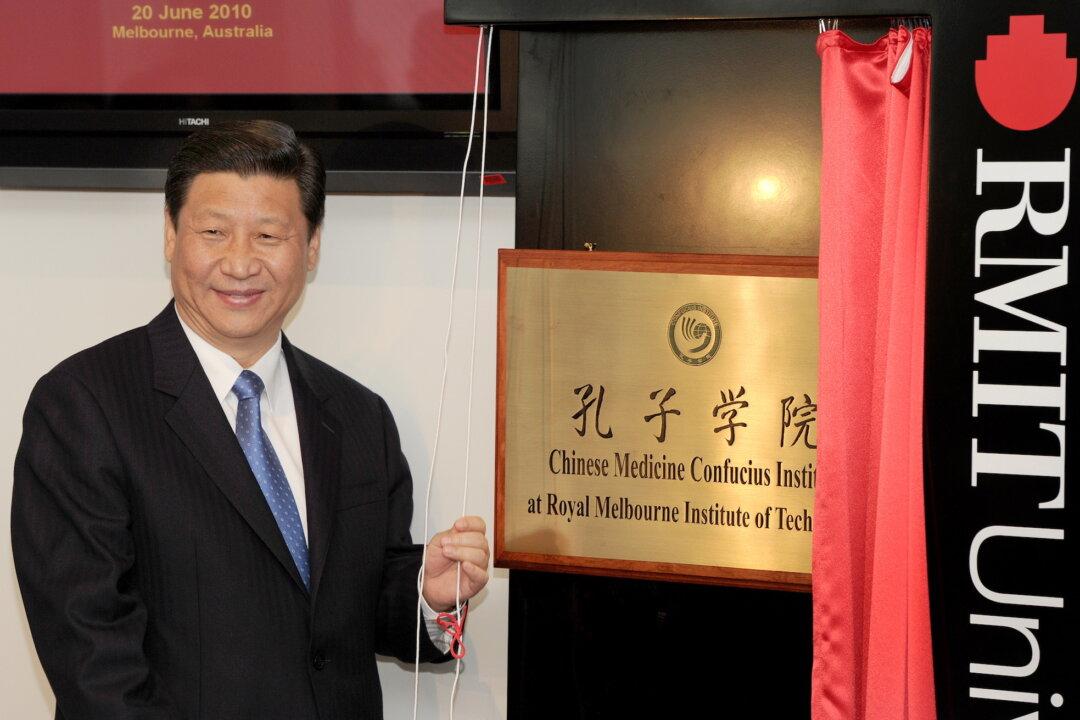There is no evidence the hundreds of billions of pounds of taxpayers’ money spent by the UK government on major projects like immigration provided value for money.
That is the stark finding from the Commons Public Accounts Committee which examined the value for money of government projects, programmes, and service delivery.




